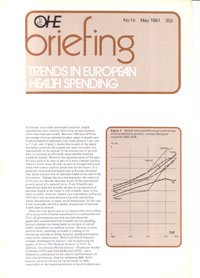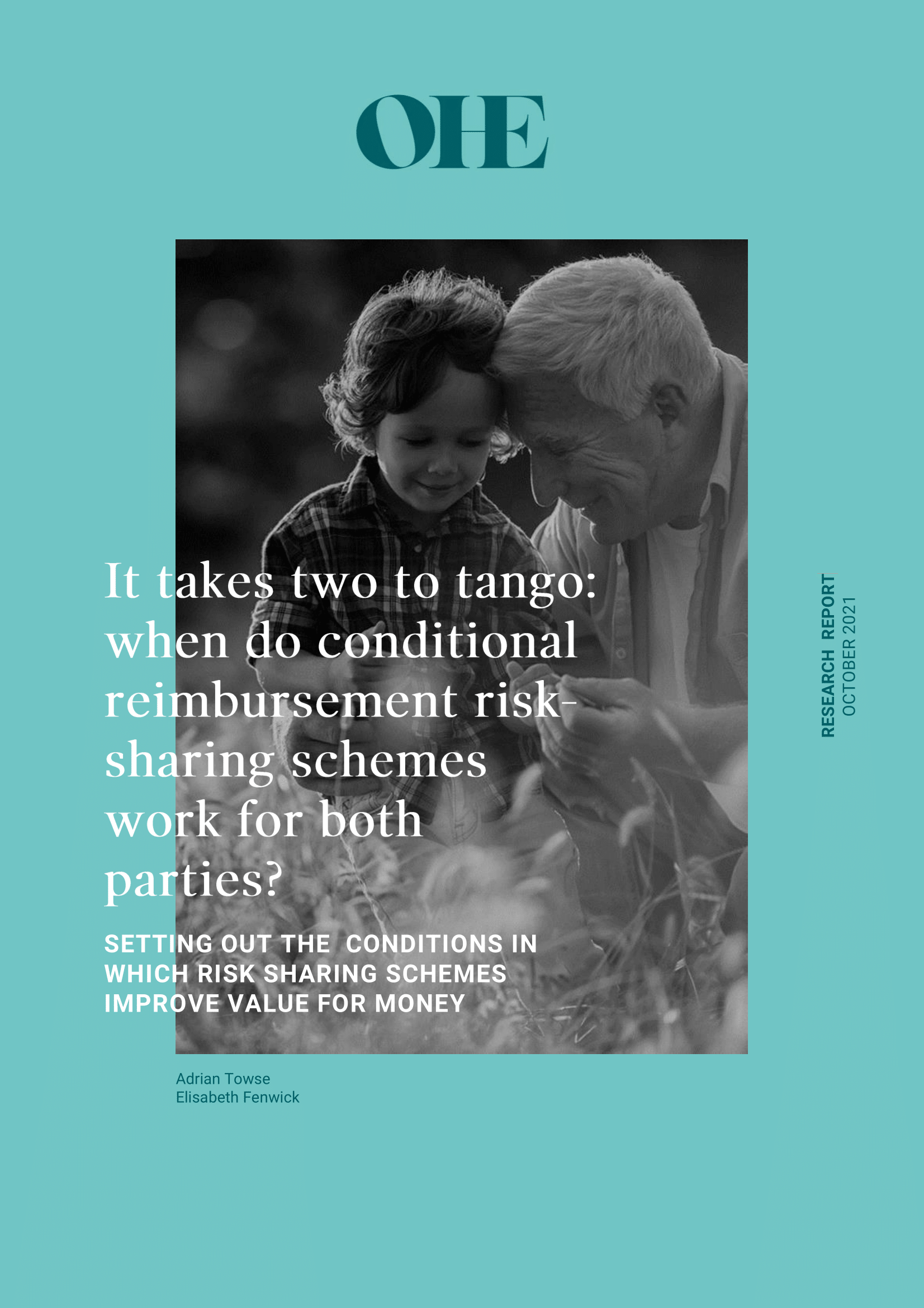Sign up to our newsletter Subscribe
Challenges and Solutions for Budget Impact Analysis of Gene Therapies

In Europe, as in other developed countries, health expenditures have recently been rising proportionately faster than national wealth. Between 1960 and 1978 the percentage of gross national product spent on health care in the European Community rose from about 4.1 per cent to…
In Europe, as in other developed countries, health expenditures have recently been rising proportionately faster than national wealth. Between 1960 and 1978 the percentage of gross national product spent on health care in the European Community rose from about 4.1 per cent to 7.3 per cent.
Figure 1 shows that in each of the majorEuropean countries the proportion spent on health rose substantially in this period. If the present rate of growth were to continue an obviously unacceptable situation would be created. However the sharp increases of the past 20 years need to be seen as part of a more complex pattern. Figure 2 shows these 20 years as part of a longer historical trend with a more realistic prediction for the future. It is generally estimated that health care in Europe absorbed only about one per cent of national wealth at the end of the last century. Taking that as a starting point, the steep rise of the last two decades becomes a part of the exponential growth sector of a sigmoid curve. Even if health care expenditure does not actually decline as a proportion of national wealth in the future it will certainly cease to rise. Quite possibly, however, health care expenditure in Europe will follow the classical pattern of growth and decline which characterises so many social institutions. In this case it will eventually absorb a smaller proportion of national wealth than at present.
There are four good reasons to suppose that the levelling off in the growth of health expenditure is a sound prediction. First, all governments are now worried about the apparently uncontrolled rise in health service spending. Serious attempts are being made to cut back or curtail public expenditure on medical services. Second, in more general terms, spending on health is coming in for increasing criticism as being wasteful, misdirected and to some extent unneccessary. Illich from North America strongly challenged the doctors’ role in improving the quality of life in ‘The Medical Nemesis’ in 1975. In addition, two eminent British doctors – Professors Archie Cochrane (1972) and Tom McKeown (1976) – have themselves commented on the relative ineffectiveness of their own profession. And the influential BBC Reith lectures, given by the lawyer Ian Kennedy in 1980, expounded on the inappropriateness of much medical care.
Third, this general scepticism is reinforced by the fact that Europe seems to have reached the end of an age of optimism during which it was mistakenly believed that the
WHO definition of health – a state of complete physical, mental and social wellbeing – was an attainable goal. It is now recognised that, particularly as people get older, suffering disability and feeling unwell are normal, natural and inevitable states for mankind. No one can expect to achieve perfect health any more than they can achieve perfection in other fields. Furthermore it is realised that it is pointless to strive endlessly towards immortality. Thus, the justification for some newer forms of expenditure on medical care is starting to be strongly challenged. This is so in such cases as heart transplants generally and renal dialysis for the very elderly. In the latter context it is ironic that the United States Federal Law nevertheless requires renal dialysis to be routinely provided whenever feasible, regardless of the age or physical state of the ‘victim’ of the procedure.
Finally, the need for much traditional medical expenditure has been reduced by medical progress, for example by the virtual elimination of many of the infectious diseases. In other cases, such as mental illness, expensive hospital care has been replaced by relatively inexpensive medication, while some surgery for gallstones and ulcers is being replaced by less costly chemotherapy.
Trends in European Health Spending


